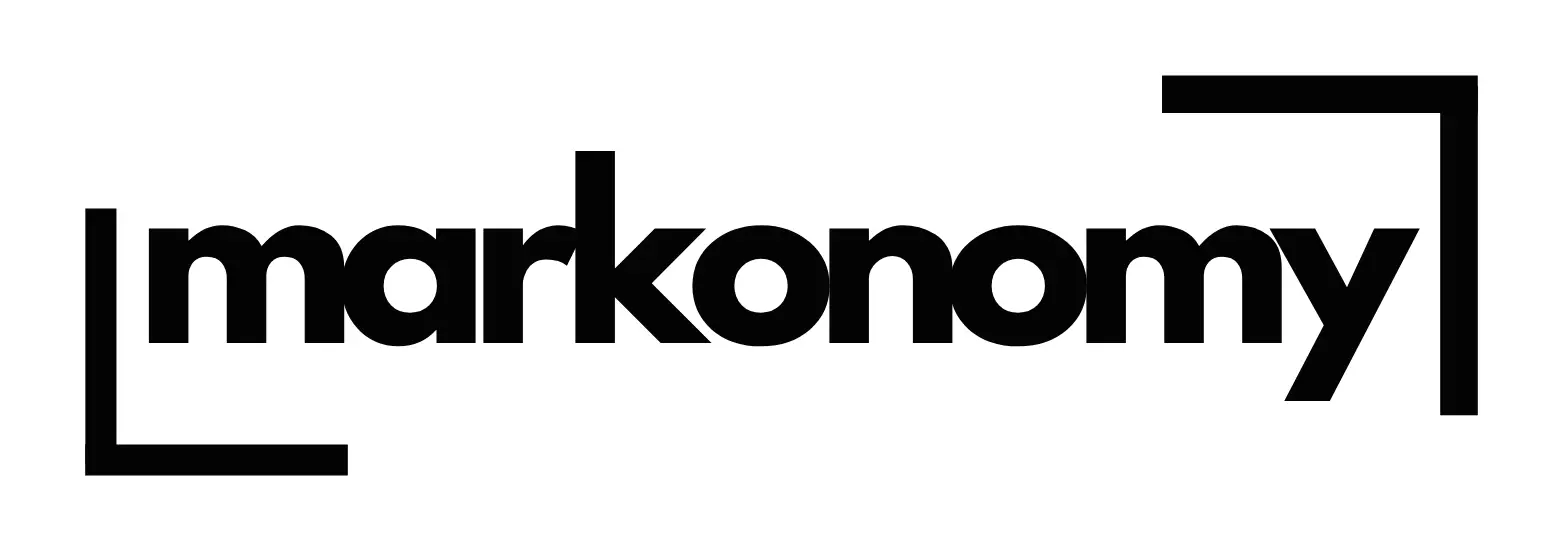Telegram CEO Pavel Durov has issued a strong warning, saying that the world is running out of time to save the free and open internet. He raised concerns about increasing government regulations, censorship, and restrictions that threaten online freedom across multiple countries.
In a recent post, Durov emphasised that regulators are tightening control over how people communicate, share information, and access digital platforms. He argued that this growing pressure could end the era of digital freedom that allowed innovation and global connectivity to flourish.
Durov, known for his firm stance on privacy and free speech, said Telegram will continue to defend user rights, even as governments push for data access and content monitoring.
“We are running out of time to save the free internet. If we don’t act now, the web will soon be controlled by centralized authorities and corporate interests,” Durov stated.
Telegram, which now serves over 950 million users globally, has often faced criticism and bans in countries like Brazil, India, and Russia over encryption and content moderation issues.
The CEO urged users, developers, and organisations to support decentralised, privacy-focused technologies that reduce dependence on government-regulated platforms. He warned that without collective action, future generations might never experience a truly open internet.
Experts say Durov’s comments highlight a growing tension between regulatory compliance and digital freedom, as governments worldwide introduce stricter internet laws targeting encryption, misinformation, and data protection.
Summary Table
| Key Point | Details |
|---|---|
| Who | Pavel Durov, CEO of Telegram |
| What | Warned about the threat to the free and open internet |
| Why | Rising global regulatory pressures, censorship, and surveillance |
| Platform | Telegram (950+ million users) |
| Main Message | The world is “running out of time” to save online freedom |
| Proposed Solution | Support decentralised and privacy-first platforms |
| Global Context | Governments tightening internet laws and content controls |
| Countries Involved | Brazil, India, Russia (among others) |
| Concern | End of digital freedom and user privacy |
| Telegram’s Stance | Continue defending user rights and encryption |










